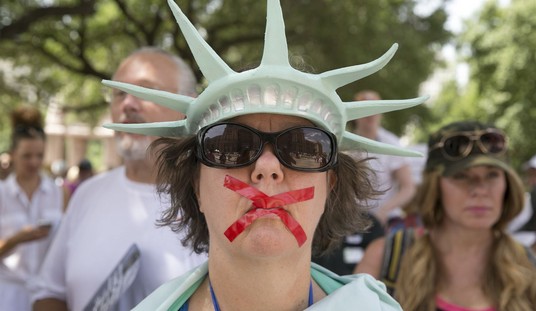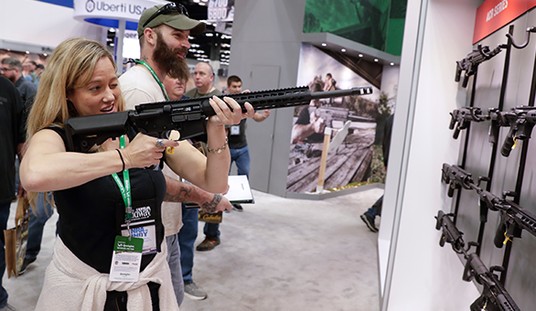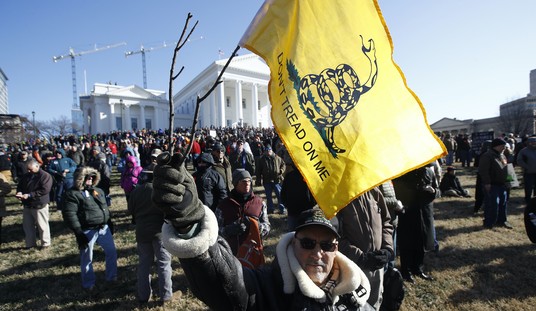PBS has produced a new short documentary called “Guns on Campus,” a look at campus carry at the University of Texas at Austin (UTA). The film is set to air in conjunction with another PBS short film called “Tower,” about the 1966 sniper attack at the University of Texas at Austin.
While the documentary is made out to be a fair and balanced reporting of the facts, Students for Concealed Carry (SCC) are claiming otherwise. According to the activist organization, PBS had very little interest in hearing the pro-campus carry stance.
“How does someone produce a documentary on Texas’ campus carry law and not involve the group responsible for virtually every pro-campus carry op-ed published in Texas during the past decade?” asked Michael Newbern, Students for Concealed Carry’s Assistant Director of Public Relations. “How do they not include the one group that ran a TV commercial supporting passage of the campus carry bill? It’s as if the film’s producers had no interest in the individuals and arguments that got the law passed in the first place.”
Brian Bensimon, SCC’s southwest regional director, received a voicemail from the documentary’s producer, Joanne Elgart Jennings, stating she was interested in “open carry on the UT campus” and wanted to talk to “gun owners who can make the case that civilians who are trained and armed can assist law enforcement.”
According to SCC, Bensimon was reluctant to talk to a producer who didn’t understand the difference between concealed and open carry. It is only legal for a person to carry on a college campus if it is done so concealed.
Bensimon explained his interaction with Jennings:
The fact that she referenced gun owners rather than to license to carry holders gave me pause. There is a big difference between someone who simply buys a gun and someone who goes through the training, testing, and vetting required to obtain a Texas license to carry.
Also, the fact that she clearly didn’t understand the difference between open carry, which remains illegal on Texas college campuses, and concealed carry, which is what the Texas Legislature voted to allow on college campuses, made me think she hadn’t done much homework before embarking on her trip to Texas.
I was further concerned by the fact that she wanted someone to defend the argument that gun owners can “assist law enforcement,” which was not one of the arguments behind the passage of Texas’ campus carry law—a law that is about personal protection, not campus protection, that is about allowing licensed individuals on campus their usual means of self-defense, not about creating amateur security guards.
Instead of presenting both sides fairly and accurately, the documentary’s trailer focuses on those who are against campus carry, explaining the “fear” behind having guns on a college campus. One of the anti-gunners mentioned is Professor Lisa Moore, who teaches English and Women’s and Gender Studies. She says guns on UTA’s campus makes it more difficult for professors to do their jobs.
What the documentary failed to mention is Professor Moore was one of three UTA professors who sued to try and keep campus carry from becoming a reality.
They also interviewed retired Austin police officer Ramiro Martinez, who was one of two officers who shot and killed the perpetrator of the 1966 University of Texas sniper attack. According to Martinez, he’s against campus carry.
What the documentary failed to disclose is that Martinez retired long before citizens were allowed to arm themselves. They also just so happened to forget to mention Martinez’s autobiography, where he’s quoted saying:
I was and am still upset that more recognition has not been given to the citizens who pulled out their hunting rifles and returned the sniper’s fire. The City of Austin and the State of Texas should be forever thankful and grateful to them because of the many lives they saved that day.
This is just another example of gun control advocates picking and choosing what fits their agenda.








Join the conversation as a VIP Member